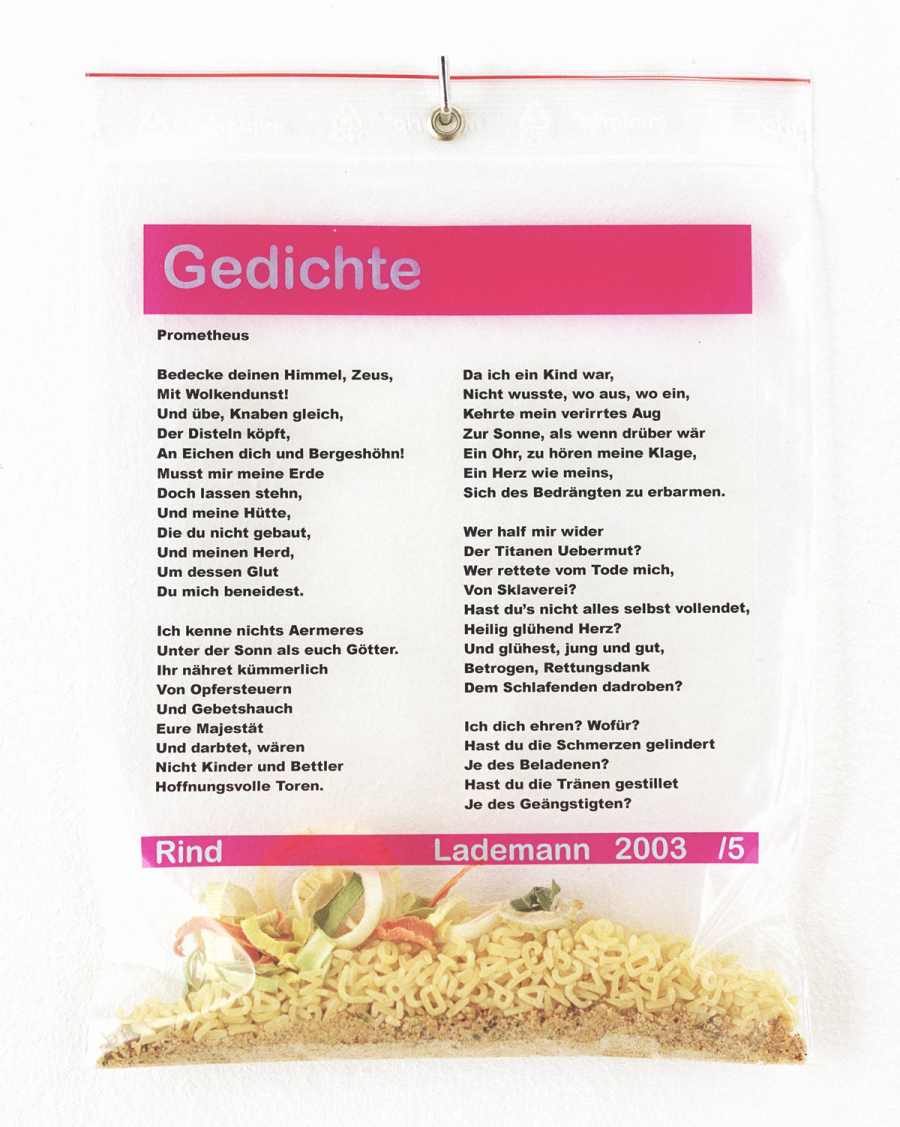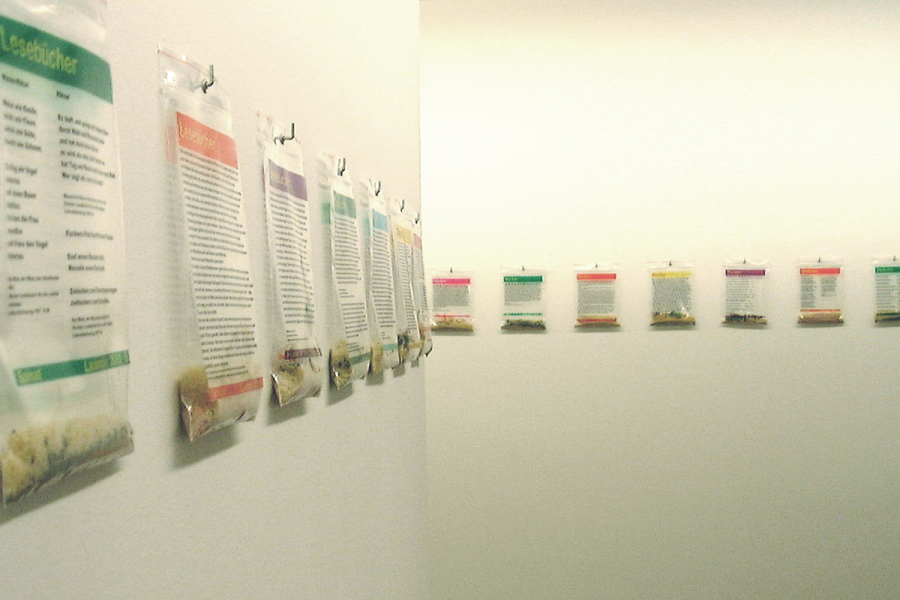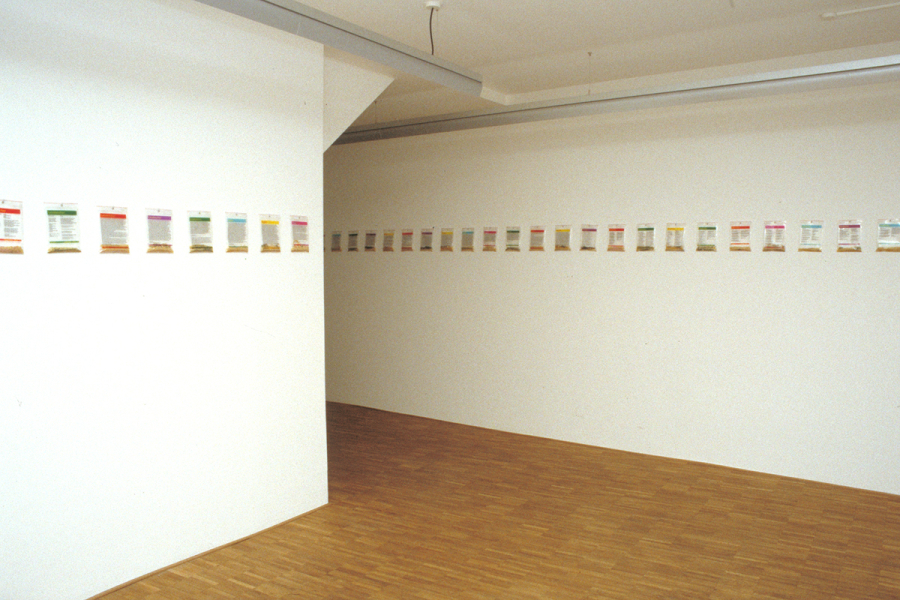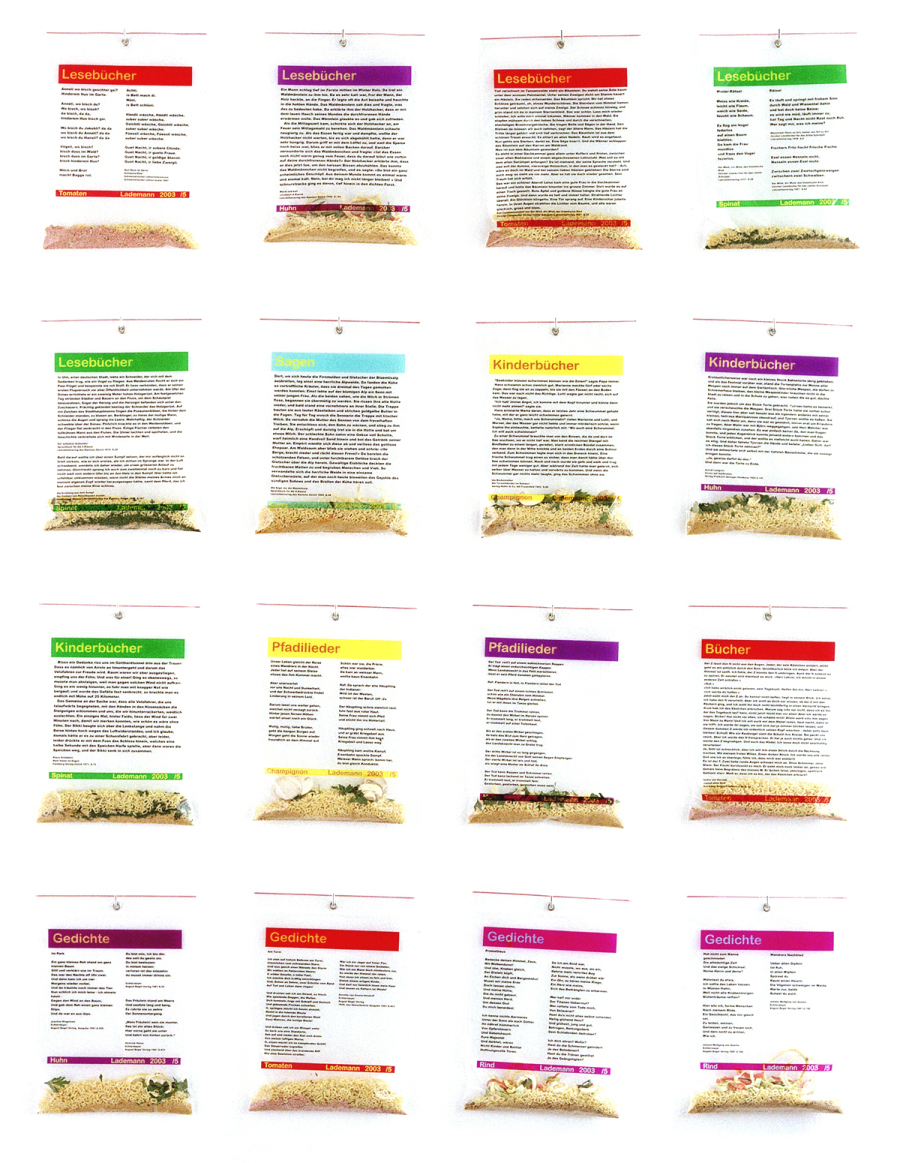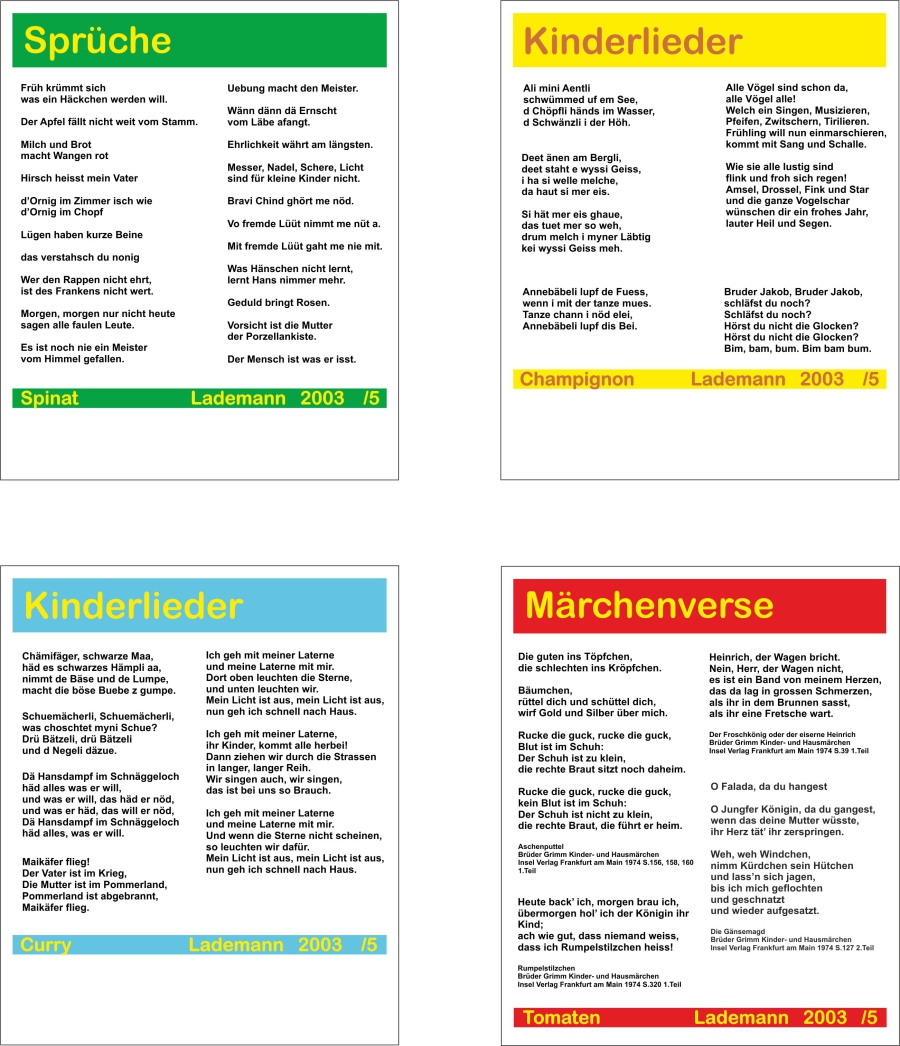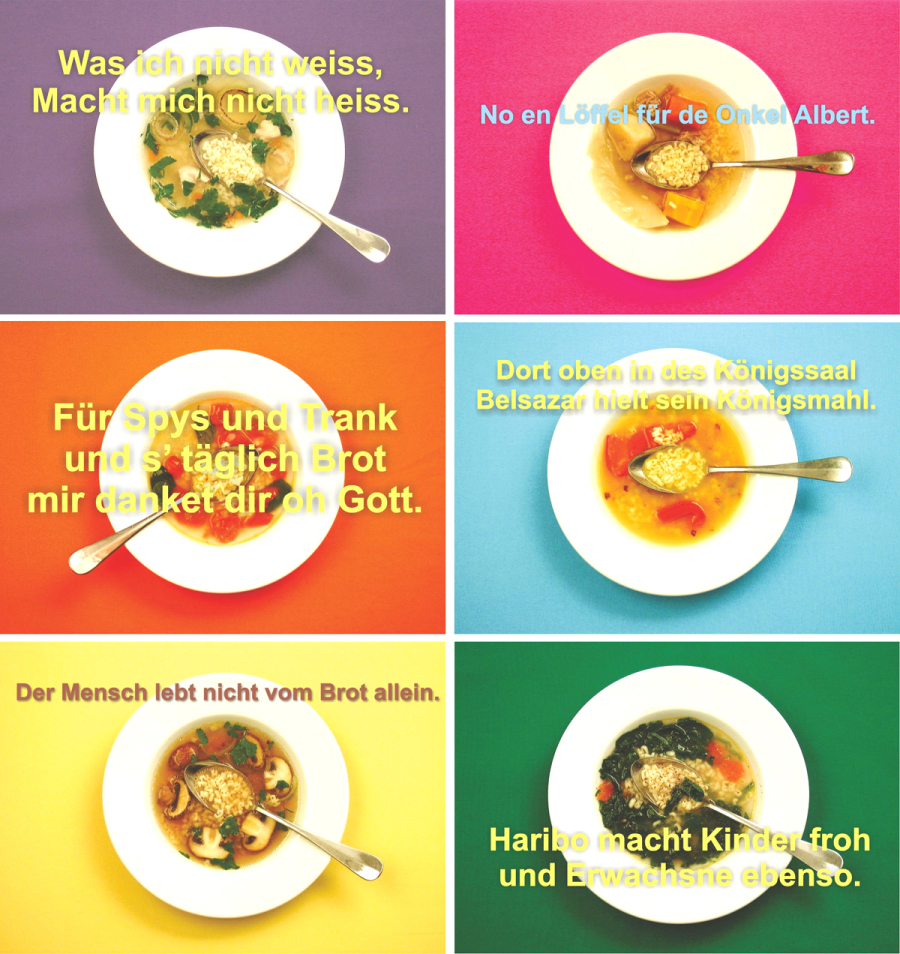Steeped in a cultural broth
Figugegl?! Or perhaps: Life is like a wayfarer’s journey trough the night…? Or yet again: Where did you encounter the Comanches? A slogan used to advertise fondue, Thomas Lengler’s Berezina song or Karl May’s tales of the Wild West: childhood and are full of stories, sayings, songs and fairy tales. They were told and read out to us, we listened to them spellbound, sang them ouerselves, read them or recited them (for St. Nicholas’ Day, O horror! Before grandparents and teachers), we heard them on the radio, saw them on TV and gazed with fascination at their illustrations in the picture books. Today we’ve forgotten much – but they have remained unforgettable: together they make up a “story broth” which accompanies us troughout life as the starter course for all the subsequent main courses and desserts of a literary and musical banquet. Aazelle, Bölle schelle, d Chatz gaht uf Walliselle… Der Wind, der Wind, das himmlische Kind and Rapunzel with her golden hair, Our God our help in ages past, Jim Knopf, Pippi Langstrumpf and later: Sein Blick ist vom Vorübergehn der Stäbe so müd geworden, dass er nichts mehr hält…
Brigitt Lademann, born 1958, trained as a stage designer in Hamburg and studied art at Zurich’s University of Art and Design (HGKZ). She has devoted a number of her works to the world of the house hold, the kitchen, cooking and food. “Bildungssuppe” (Cultural Broth), her work consisting of some 90 different ready-to-read letter soups, takes up the stories, sayings and song lyrics of the years 1958 to 1973 which she can recall. By presenting them in the form of ready-to-read soups, as potential food in a physical sense, Brigitt Lademann restores the link to the nutritive value that stories and songs have on an immaterial level. What we have all absorbed mentally and have long since digested resurfaces again from the collective reservoir of stories. Not only texts from well-known fairytales, songs and adolescent books have gone into this compendium of “soups”, even the puns made up or passed on by Brigitt Lademann’s grandfather and father can spoond out: Ich flöhe se an, bitte treten se läuse auf show that certain sayings have particular currency in every family. Wether of a high literary caliber or not, wether incapable of being checked out ore quite incomparable with reality: the treasury of German and Swiss-German stories and songs, wich are passed on to the children by their elders in surprisingly unchanged form, contributes decisively to shaping the ideas we hold about heaven and earth, other countries and peoples, and ourselves.
“Books teach us to talk about things that we don’t understand” said Jean-Jacques Rousseau once. Or: Have you ever seen an igloo? A real one made of snow and ice, in faraway Greenland? Although the real three-dimensional impression is lacking – and will perhaps allways be lacking – the picture of an igloo forms and enduring part of our culture, of the cultural broth in which were steeped. The second work which Brigitt Lademann presents also deals with phenomena which exist in our imagination because we have haerd stories and read books: ufos or archetypal romantic ruins. Composed of noodle letters from the sentences of literary texts, such as those by Stanislaw Lem or Charlotte Brontë, these fragile objects represent brief pauses down memory lane. They recall the fragility of ideas which we use to make sense of everything, possible or impossible.
Nadine Olonetzky
manrey e
